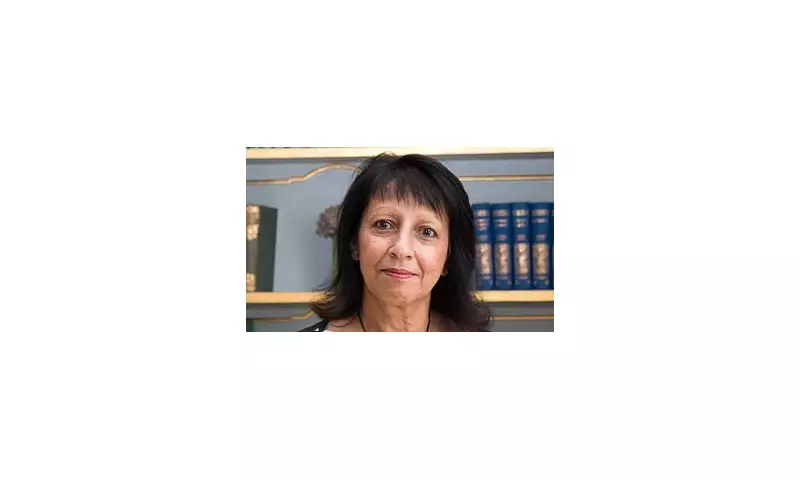
In a profoundly moving moment within the House of Lords, crossbench peer Baroness Falkner of Margravine delivered a seismic revelation that has reshaped the ongoing debate on assisted dying. The respected politician and chair of the Equality and Human Rights Commission disclosed her personal battle with ovarian cancer while speaking in support of the Assisted Dying Bill.
A Personal Stake in the Debate
The Baroness, known for her formidable presence in British politics, shared her diagnosis with rare transparency, explaining how her personal circumstances have directly informed her perspective on end-of-life choices. "I speak today with a personal stake in this matter," she told fellow peers, her voice steady with conviction.
The Assisted Dying Bill: Controversy and Compassion
The proposed legislation, currently under consideration, would allow terminally ill adults in England and Wales the right to choose medically assisted dying under strict safeguards. Supporters argue it offers dignity and autonomy to those facing unbearable suffering, while opponents raise concerns about potential coercion and the sanctity of life.
Political and Personal Courage
Baroness Falkner's disclosure represents extraordinary political courage, merging the deeply personal with the profoundly political. Her decision to speak openly about her diagnosis while championing this controversial bill adds significant weight to the emotional and ethical dimensions of the discussion.
Reactions Across the Political Spectrum
The revelation has sparked reactions from across Westminster, with colleagues from all parties expressing admiration for her bravery while maintaining their various positions on the bill itself. The debate continues to divide opinion within both major parties and among crossbench peers.
Broader Implications for Healthcare Policy
This development comes amid ongoing discussions about palliative care funding, patient autonomy, and the role of medical professionals in end-of-life decisions. The Baroness's personal involvement adds a powerful human dimension to these complex policy considerations.
The House of Lords continues its detailed examination of the bill, with Baroness Falkner's contribution likely to be remembered as a defining moment in this long-running ethical and legislative debate.





